Love at First Note

(From the spring/summer ACMP newsletter)
In an interview with New York magazine, Yo-Yo Ma described the origins of his relationship with the cello this way: “I started the violin when I was three, and I think I 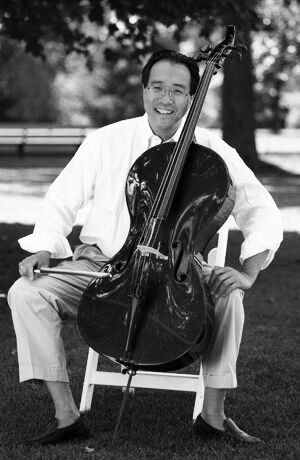 screeched away and sounded horrible, so I gave it up. My parents thought I was not talented.” He picked up the cello at age four, and it seems it was not too late to salvage a career in music.
screeched away and sounded horrible, so I gave it up. My parents thought I was not talented.” He picked up the cello at age four, and it seems it was not too late to salvage a career in music.
For nonprofessional players, the relationship with one’s chosen instrument is no less complicated, and in fact the story is often more colorful.
Like Yo-Yo Ma, ACMP Treasurer Christiana Carr switched instruments early on. “There was always music in my home when I was growing up,” she says. “Most of it was piano, because my grandmother (who raised me) was a piano teacher. She began teaching me when I was five years old. We also attended an occasional symphony concert, and we always listened to the Met Opera broadcasts on Saturdays. That radio connection is what made me realize that I liked the stringed instruments, because they could sing ‘just like the opera singers’ (as I used to say). By the time I was seven, I realized that I really didn’t want to play the piano; instead, I wanted to learn to play the violin so that I could make those wonderful singing sounds.”
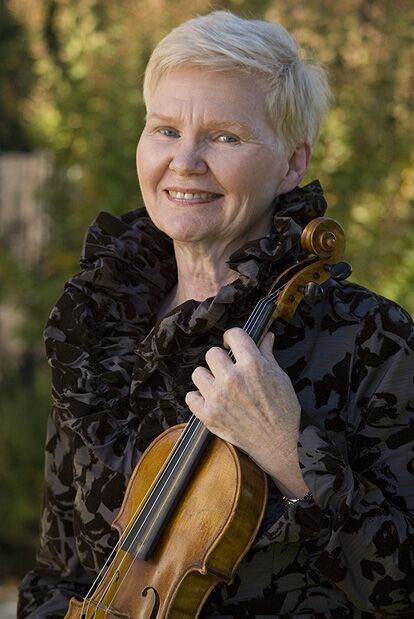 Carr’s relationship with the violin continues to grow. “After college (and marriage), I moved to various cities as developing careers directed,” she says. “I did cease playing for 20 years while I raised children and fostered my career…. However, my husband encountered a cellist just up the road from us whose wife plays piano. Thus was my violin rescued from darkness and my violin technique refreshed. Very enjoyable piano trio afternoons ensued. I have moved on to play with extremely talented and devoted folks in the San Francisco area, including performing in many different venues with different combinations of instruments. Life is very good!”
Carr’s relationship with the violin continues to grow. “After college (and marriage), I moved to various cities as developing careers directed,” she says. “I did cease playing for 20 years while I raised children and fostered my career…. However, my husband encountered a cellist just up the road from us whose wife plays piano. Thus was my violin rescued from darkness and my violin technique refreshed. Very enjoyable piano trio afternoons ensued. I have moved on to play with extremely talented and devoted folks in the San Francisco area, including performing in many different venues with different combinations of instruments. Life is very good!”
Charles Letourneau (Vn, New York, NY/former Outreach Council Member) took “a rather unlikely path toward the violin. My parents are not musicians or particularly musical, but they did have a subscription to the National Arts Centre Orchestra in Ottawa, and my sister and I took turns going to concerts starting at age six or so. I remember looking forward so much to those magical moments, and although I did not really understand or appreciate what I was hearing, I knew that I loved classical music more than anything in the world.”
Letourneau says that he “eventually gravitated toward the violin after hearing the Brandenburg Concerto No. 5, and at age 10 told my parents I wanted to start lessons. They did everything to discourage me, terrified at the prospect of hearing tortured cats in the house for years (my dad was an atrocious violinist in his youth, and the one time he pulled out his old violin, my sister and I ran out of the house with our hands over our ears).” The decision seems to have worked out for him. “Now my life is full of music as a very active amateur violinist and professional classical music manager, my wife is a professional cellist, our 11-year-old son is a gifted yet undisciplined piano student, and we have two cellos, two violins, a piano and a harpsichord cramped in our New York apartment!”
A mechanical engineer at Princeton Plasma Physics Laboratory, Robert Ellis (Vn, Princeton, NJ/former Outreach Council Member) spends his days “trying to obtain energy from controlled nuclear fusion.” His introduction to the violin came at age six. “Somebody came to my school and played for us, and I told my parents that I was interested,” he says. “They found a violin, a bow and a teacher, and they made sure that I practiced.”
After an injury to his hand in college, Ellis says he “walked away from music for 25 years.” When he finally decided to rededicate himself, “After a year of scales and bowing exercises, my instrument started to sound like a violin again,” he says. “I joined ACMP, went to a few play-ins and workshops, met some musicians and I’ve been playing chamber music actively ever since…. In my second musical life, I have sat down to make music with some amazing people. Through ACMP, I have been able to play chamber music on business trips in places such as San Diego, Milan and Munich. The biggest difference between my first and second musical lives is that when I was young, I enjoyed being good at playing. Now I play for the love of it. And that is, in the end, what will keep you going.”
Andrea Liu (Pf, Swarthmore, PA) began playing the piano at age 10. “My parents grew up in wartime China,” she says, “and didn’t have a chance to study any instruments.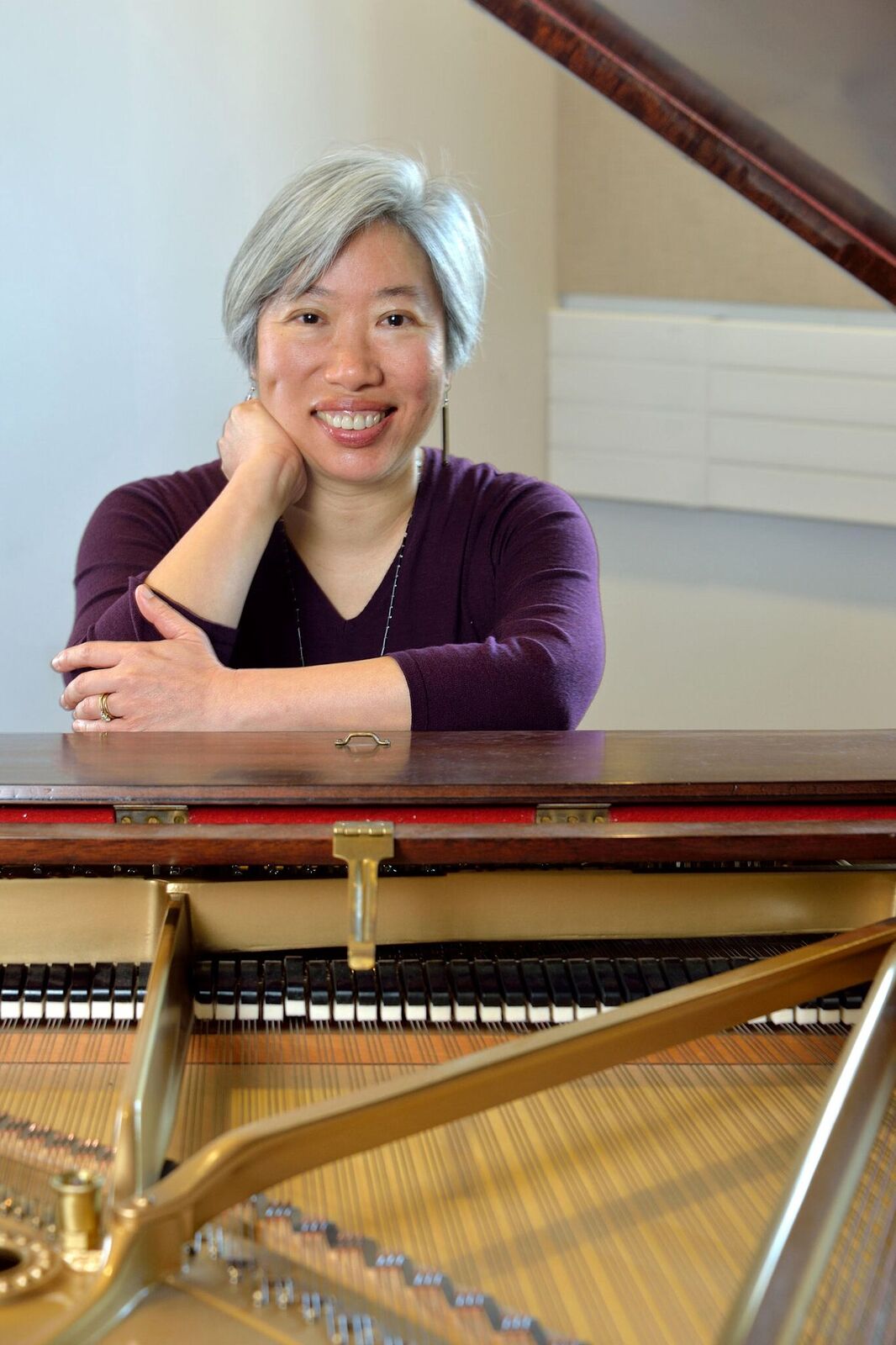 When I was seven, they gave me a little electronic keyboard. I just loved it. I begged them for lessons.” When she finally sat down in front of the keys, she says, she was not always the most diligent at practicing her instrument. “What really changed things for me was chamber music. I discovered it when I was in college. The piano is self-sufficient, but I discovered that I really enjoyed playing with other people.”
When I was seven, they gave me a little electronic keyboard. I just loved it. I begged them for lessons.” When she finally sat down in front of the keys, she says, she was not always the most diligent at practicing her instrument. “What really changed things for me was chamber music. I discovered it when I was in college. The piano is self-sufficient, but I discovered that I really enjoyed playing with other people.”
Liu is an academic physicist at the University of Pennsylvania, and she says that “physics is like chamber music, working in small groups to solve a problem. When you figure something out, it’s like being on top of a mountain. The high can last for weeks. [With music] sometimes everything clicks and you play really well. A chamber music high is easier to get because it relies so much on the composer’s creativity instead of my own, and because as an amateur I’m very forgiving about my own playing.”
(Matthew Schlecht is a writer and editor and lives in New York City)
More Articles
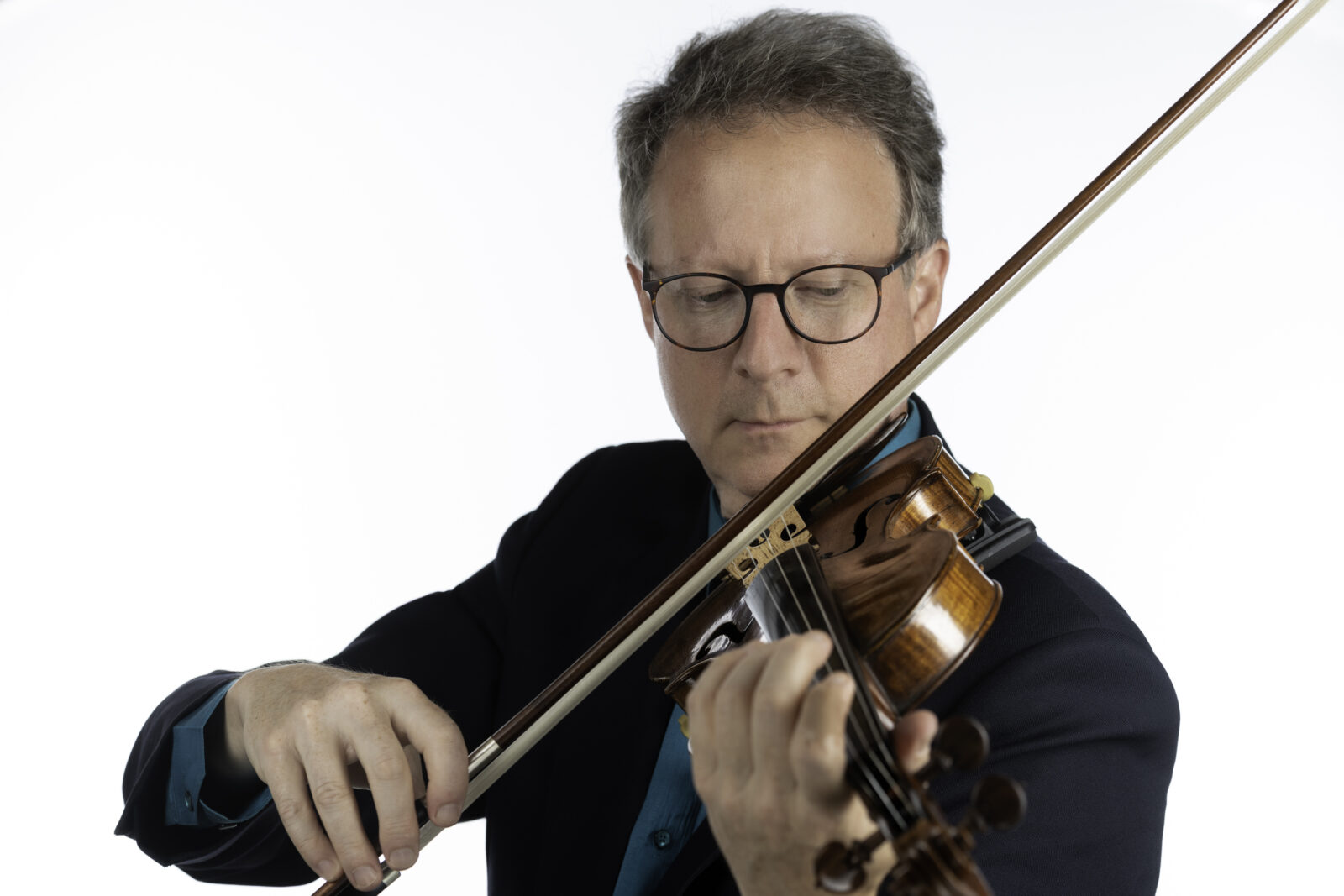
Everything you always wanted to know about bows but were afraid to ask
Join Gabriel Schaff - violinist, scholar and author of "The Essential Guide to Bows of the Violin Family" for an illuminating journey through the history of the bow to everyday tips (no pun intended) about caring for your bow, choosing a new one - and....everything you always wanted to know but were afraid to ask!Read More ↗
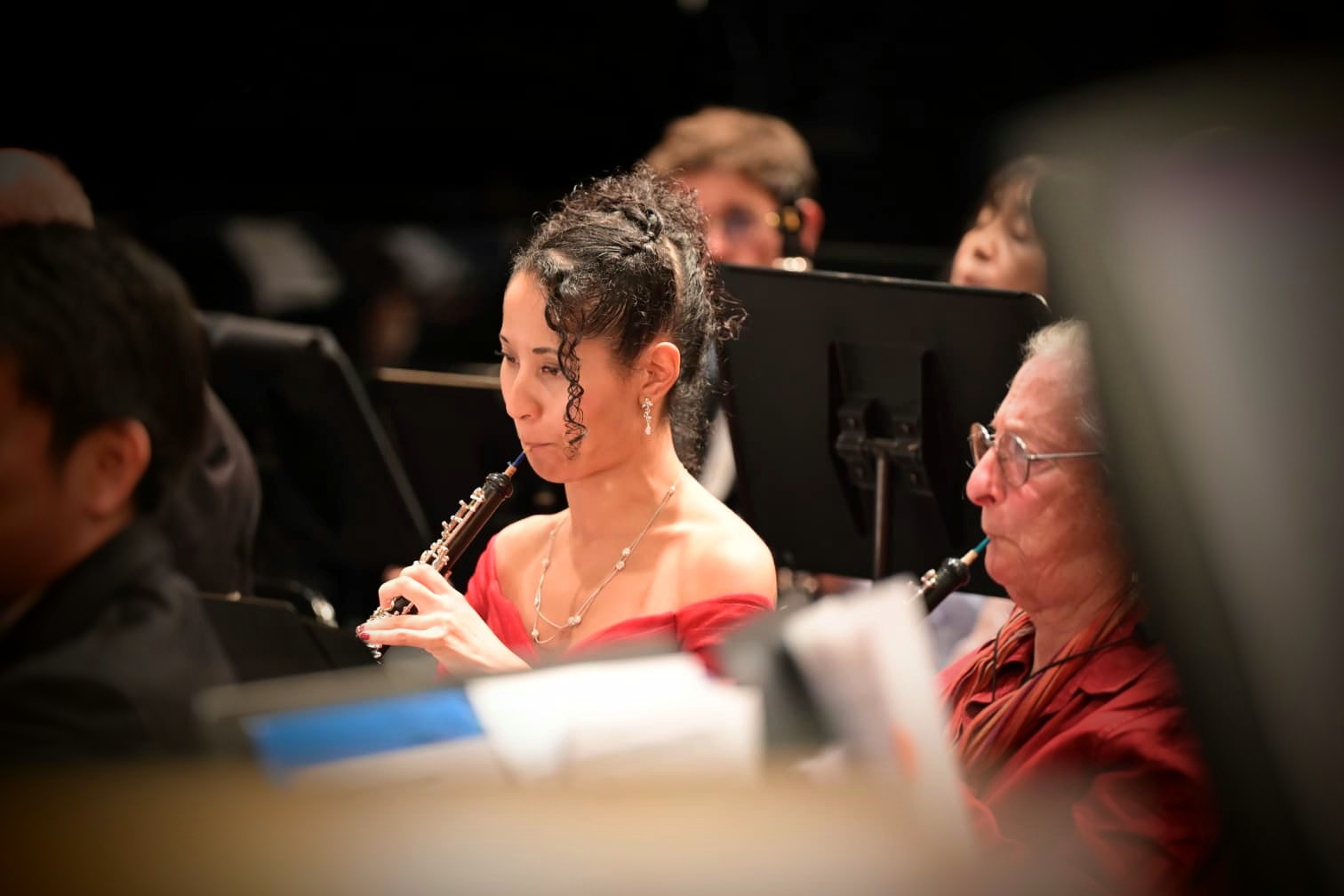
Kayana Jean-Philippe: The serious business of an amateur oboist
When it comes to the oboe, Kayana Jean-Philippe is what you might call a serious amateur – someone who pursues her passion at a high level, but does not make a living at it. One of her most consistent musical outlets has been the United Nations Symphony Orchestra, which she joined 10 years ago and is principal oboist. Another musical outlet is ACMP, which she said has connected her with new people and new musical opportunities.Read More ↗
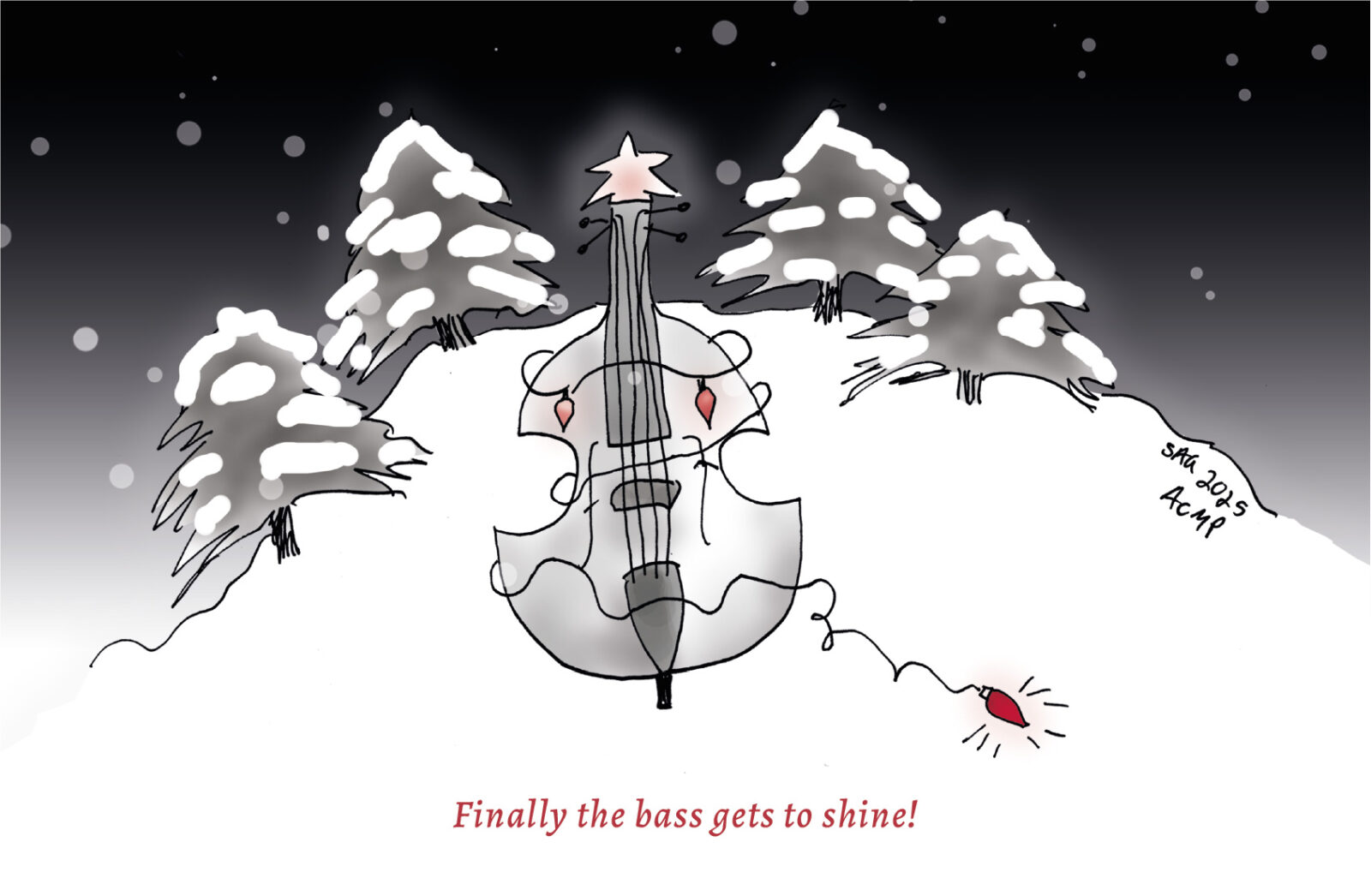
Announcing the 2025 Holiday Caption Contest Winners!
ACMP's 4th annual Holiday Caption Contest was a success, with 69 captions from 41 ACMP members. This year's winners are Valerie Matthews, Peggy Reynolds, and Matthew Greenbaum. Congratulations to everyone who came up with so many wonderful captions for this year's cartoon!Read More ↗
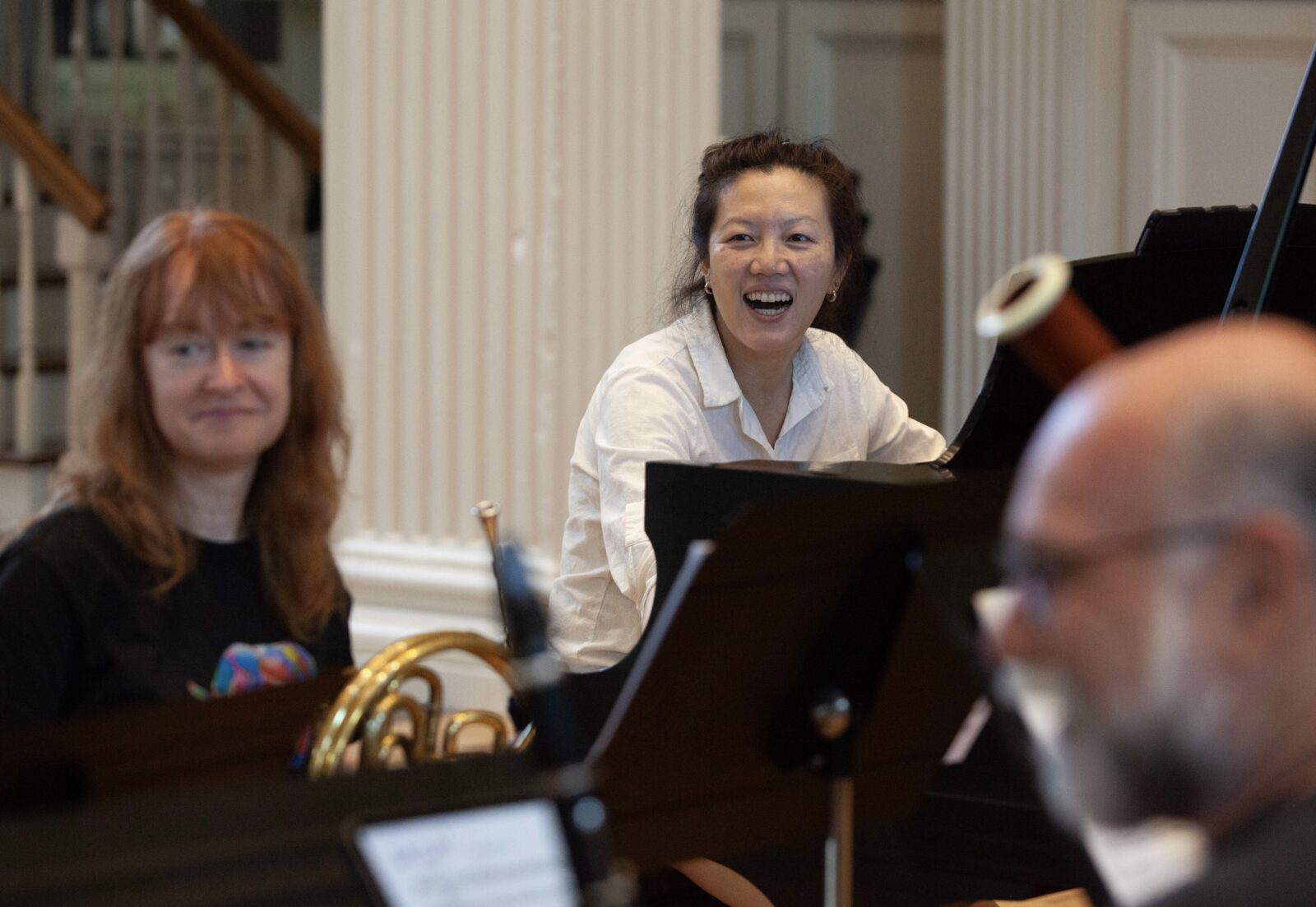
Announcing ACMP’s 2026 Workshop/Community Music Grantees
ACMP is proud to announce its 2026 Chamber Music Workshop and Community Music grantees. This year we awarded $168,000 in grants to 73 chamber music workshops and semester- or year-long programs in 10 countries, and 31 US states. (Photo by Claire Stefani.)Read More ↗

Mystery Donor Reveal: An interview with Louise K. Smith
An anonymous member of ACMP recently spearheaded a fundraising initiative for ACMP in the two week lead-up to Giving Tuesday, offering a $25 gift for each donation received from November 18, 2025 through Giving Tuesday (December 2.) This mystery donor just revealed her identity: Thank you, Louise K. Smith! I asked Louise some questions about her background as a pianist, involvement with ACMP over the years, and about her recent matching grant idea.Read More ↗
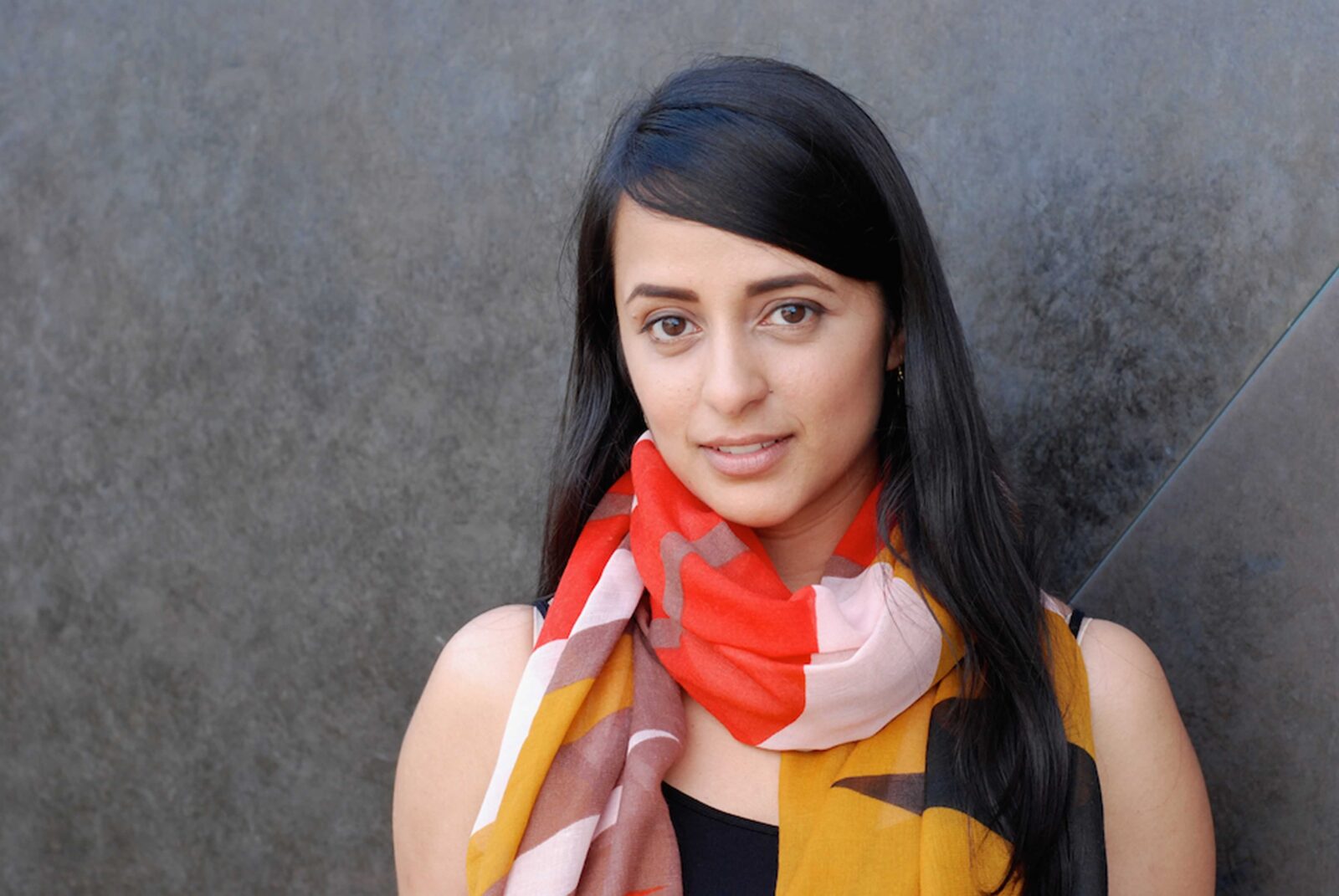
A Bridge from West to East – The Chamber Music of Reena Esmail
After a recent visit to her father's hometown in India, ACMP member pianist Sonya Subbayya Sutton returned to the United States with a renewed curiosity about her Indian culture and music. This led her to explore the music of Indian American composer Reena Esmail. Read about Reena's own voyage of discovery in Indian music and check out links to her scores and recordings.Read More ↗
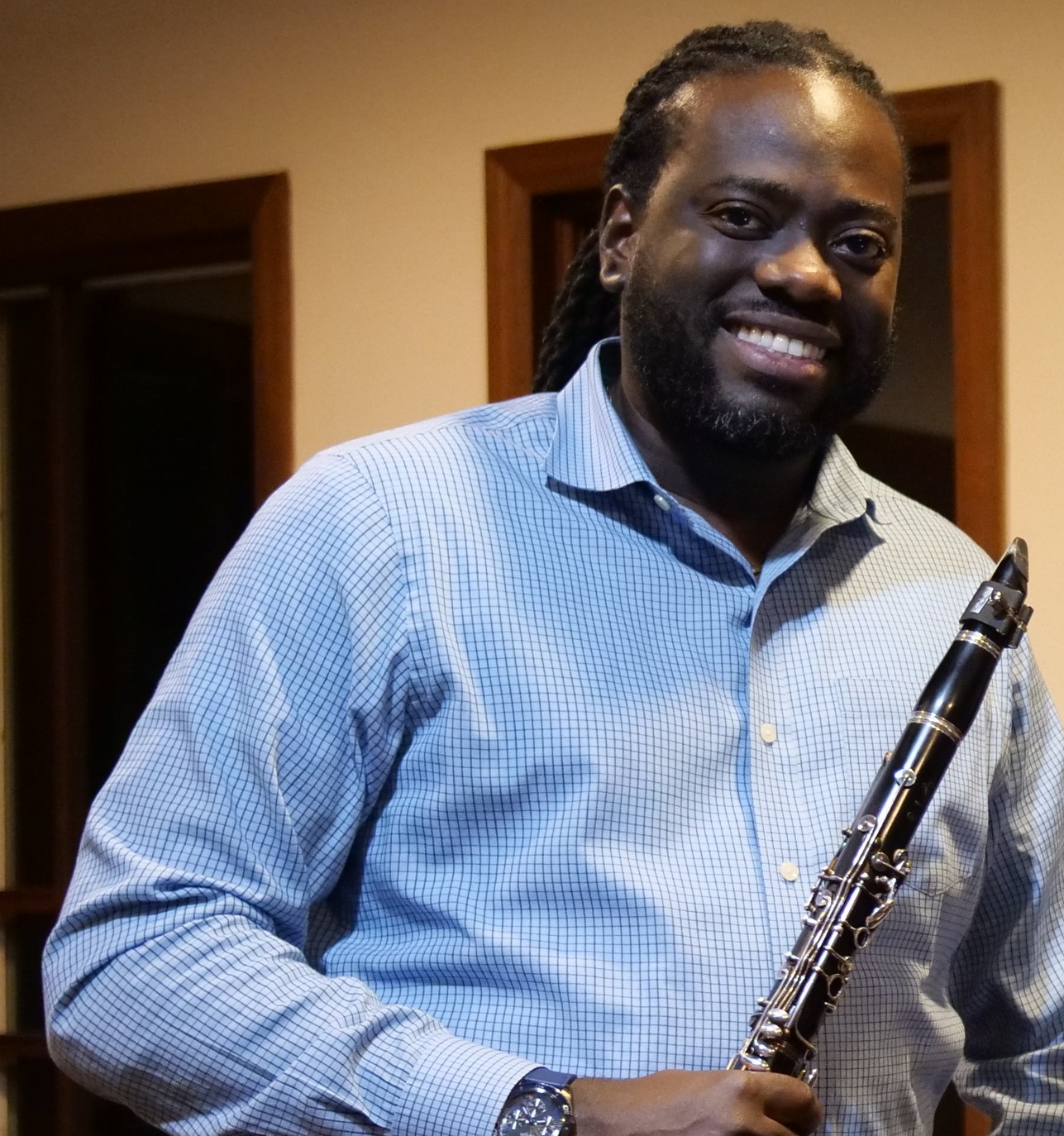
ACMP Member of the Month: Kwame Lewis
Kwame Lewis is not your typical accountant. Born and raised in Trinidad, he emigrated to the United States in 2003 at the age of 23 and set about building his career. Along the way, he lived in the Washington area for an extended period, got married, had two boys who are now 5 and 3 years old, and since 2019 has lived with his family in Melrose, Mass., near Boston. One constant through his journey, though, has been his love of the clarinet and chamber music.Read More ↗
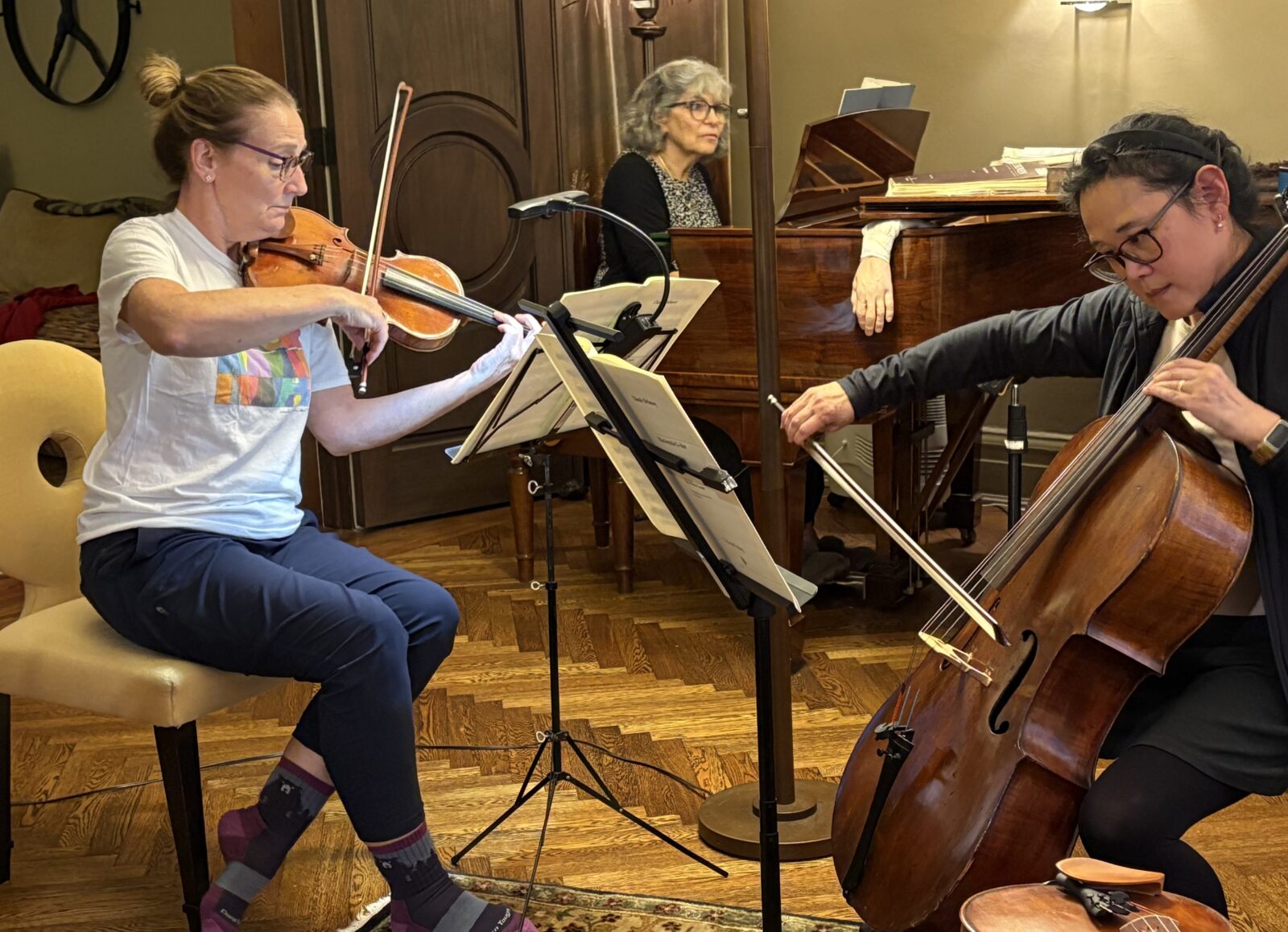
Chamber music for a cause: amateur musicians support Music for Food
ACMP member pianist and violist Arlene Hajinlian is as active a chamber music organizer as she is in sharing her time and space for social causes. This Thanksgiving holiday weekend she came up with a way for adult amateur chamber musicians to have a lot of fun while raising money to support New Yorkers in need: three consecutive chamber music parties as a benefit for Broadway Community through Music for Food.Read More ↗
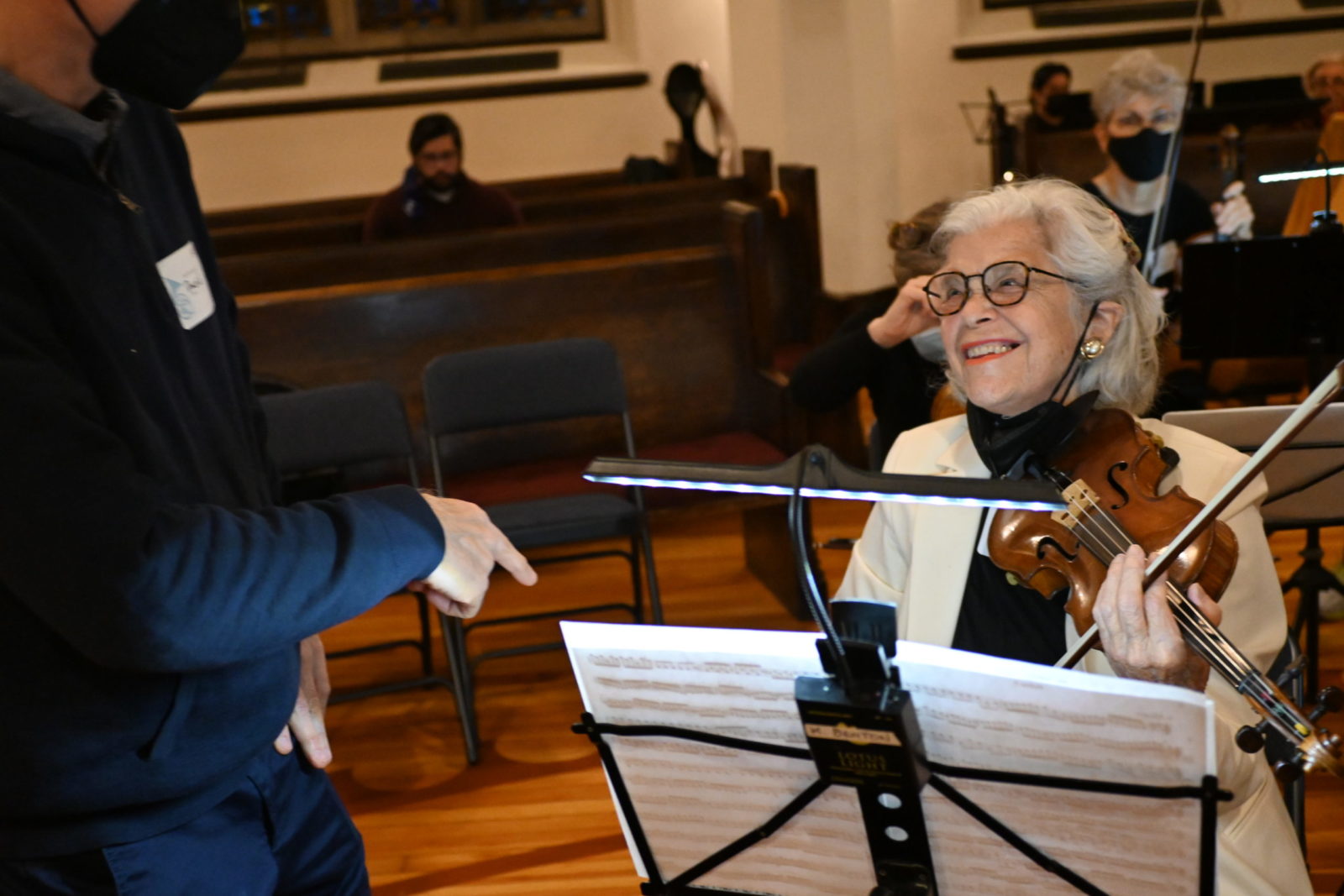
Remembering Kate “Kitty” Bigelow Benton (March 29, 1935 – November 2, 2025)
ACMP mourns the loss of Kitty Benton (1935-2025), a former board member, board secretary and longtime editor of the ACMP newsletter. Read about Kitty's life and watch a video of Kitty telling her favorite stories about ACMP in June 2021.Read More ↗
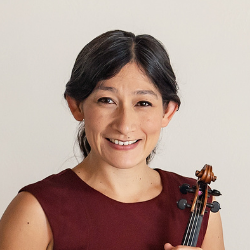
New Video – Meet The Artist: Harumi Rhodes
ACMP Executive Director Stephanie Griffin hosts a lively Zoom conversation with violinist Harumi Rhodes about her musical upbringing and career with the world-renowned Takács Quartet.Read More ↗
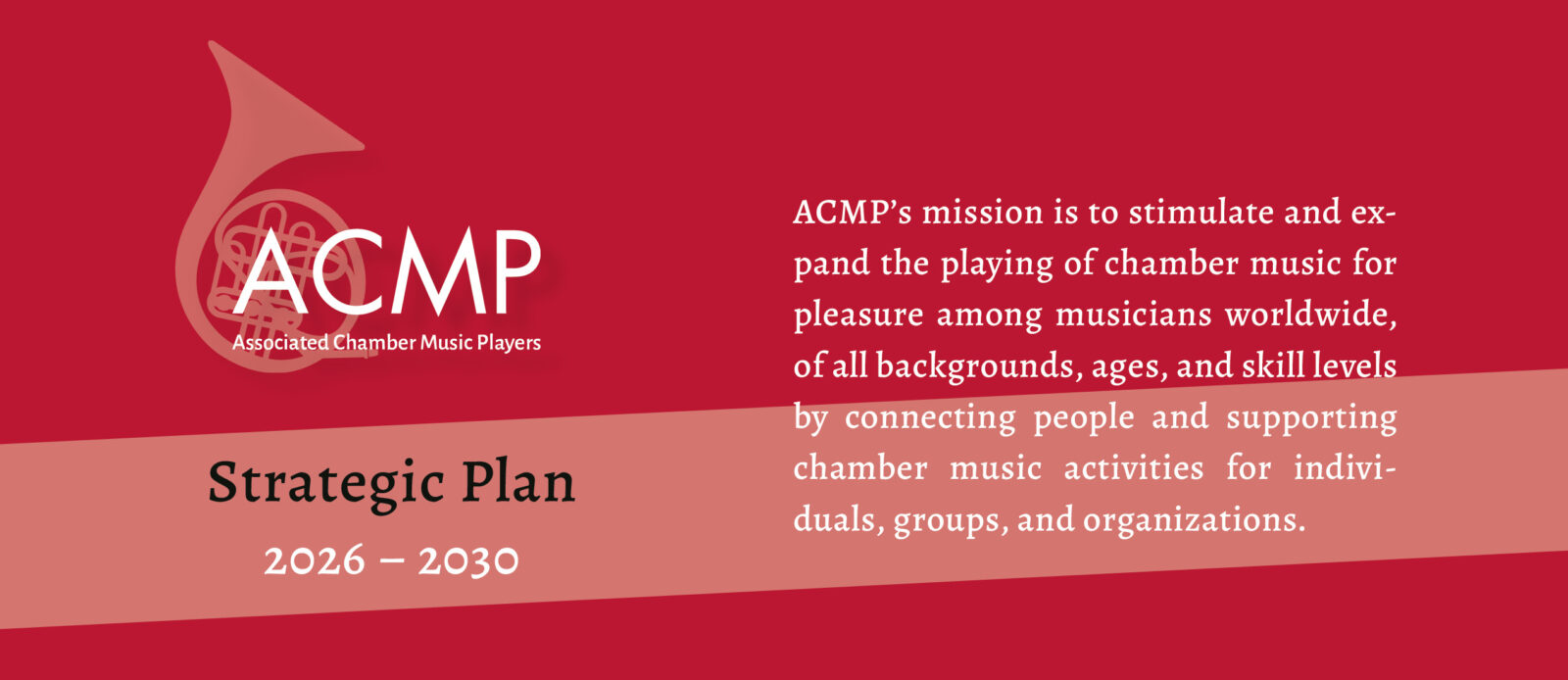
ACMP Strategic Plan for 2030
For the past several years, ACMP’s membership has grown dramatically, as has the popularity of its programs. Building on this momentum, ACMP’s Board and Executive Director completed a strategic plan to chart a course for the organization for the next five years. ACMP’s Board and Executive Director developed a new vision for the organization and a plan to strengthen member services, grants, operations, and finances to advance ACMP’s mission by 2030 and beyond.Read More ↗
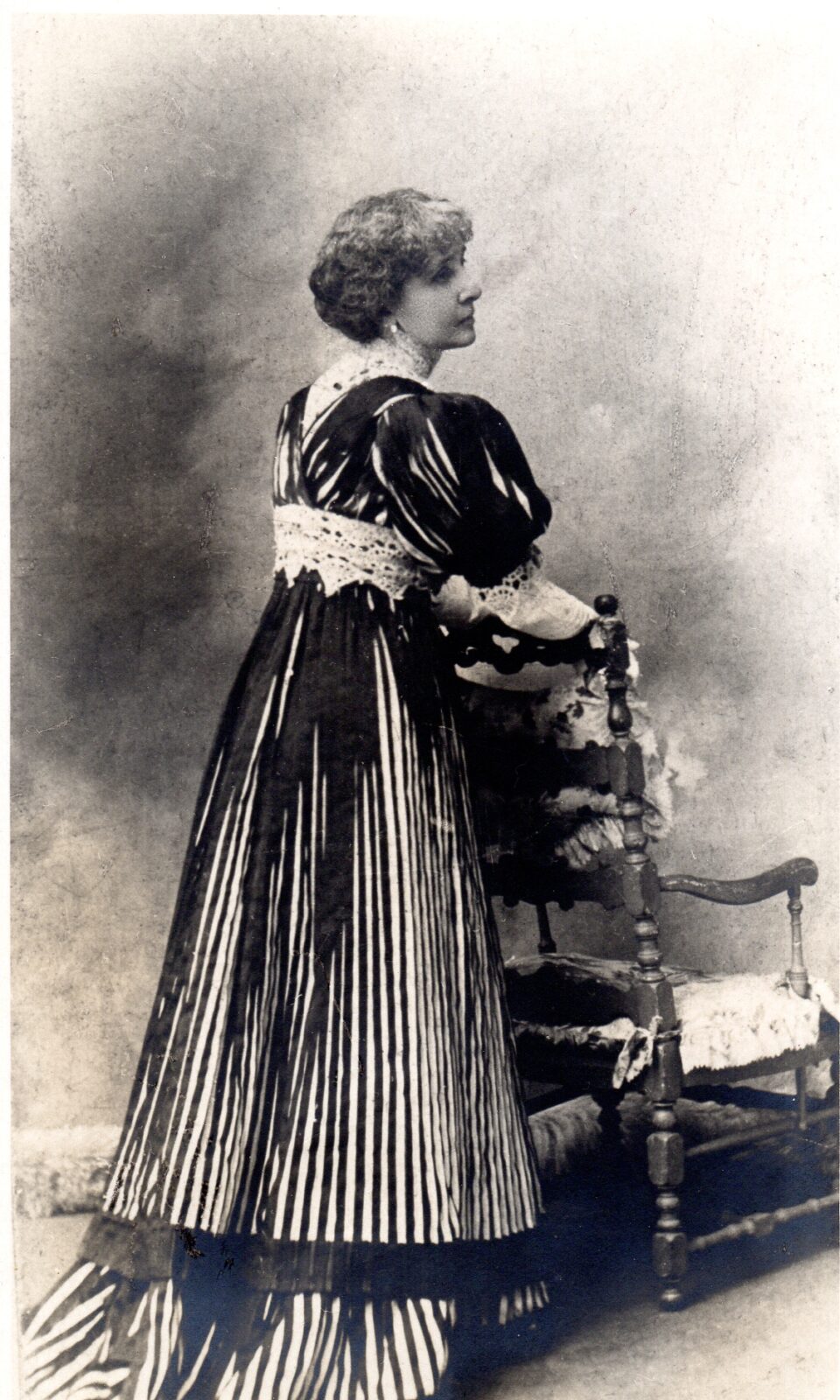
Drab, Inconspicuous, and Quiet No More
Washington, D.C.area pianist and choral conductor Sonya Subbayya Sutton is a passionate advocate of the work of women composers. Read about some of her favorite women composers and discover new chamber repertoire from her list.Read More ↗
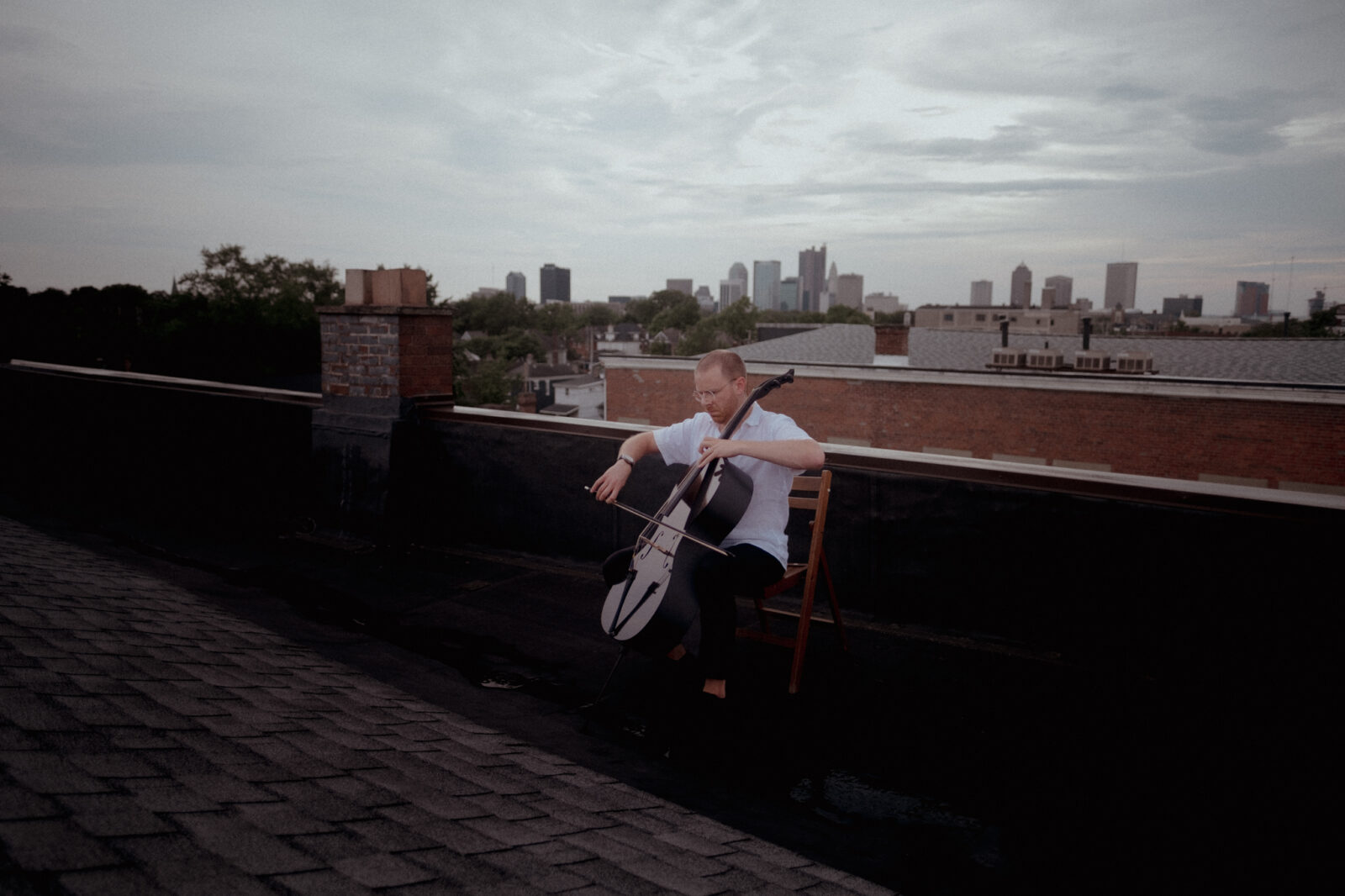
Andrew Brush: An amateur cellist with a global reach
After ACMP’s modest beginnings nearly 80 years ago, ACMP has grown to have a global membership, and perhaps nobody embodies this boundary crossing more than Andrew Brush. With his cello in tow, he splits his time between his home in Columbus, Ohio, and Buenos Aires, with visits to Europe and Istanbul, where his wife is from. Along the way, he has developed diverse musical interests, with influences ranging from Argentina to Mali. We caught up with Andrew recently after he had returned to Columbus, where he serves as a member of the ACMP North American Outreach Council.Read More ↗
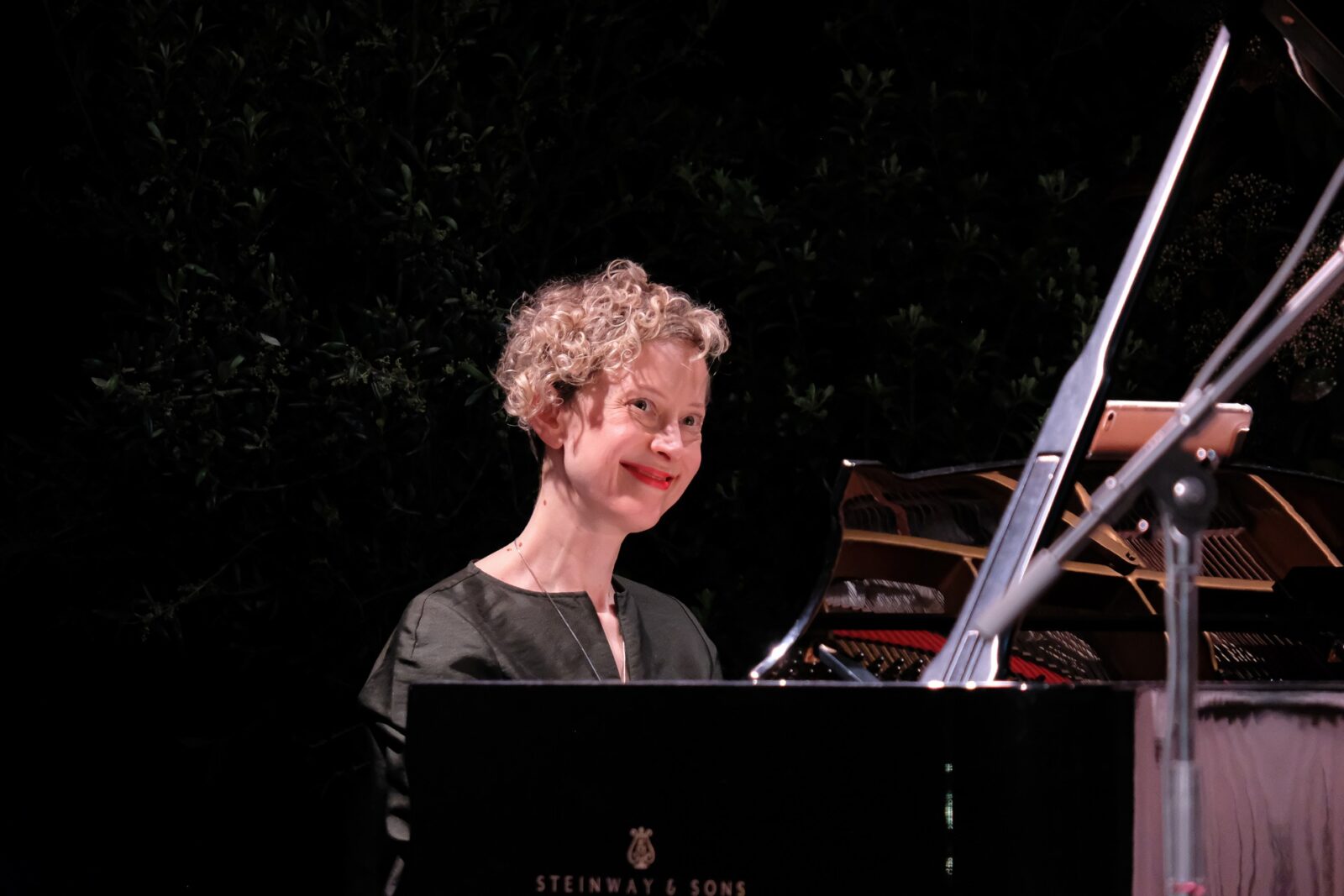
Befriending Performance Anxiety: simple tips for success
Performance anxiety is a universal experience, a survival mechanism that is hard-wired. Many of us react with shaky hands, lack of focus, shallow and fast breathing, rapid heart rate, and even feeling queasy. This is all perfectly natural - our protective sympathetic nervous system comes online to save us from danger, real or imaginary! Join Dr. Xenia Pestova Bennett for a free online webinar about managing performance anxiety on Thursday, October 30th at 6pm UK/Ireland time.Read More ↗
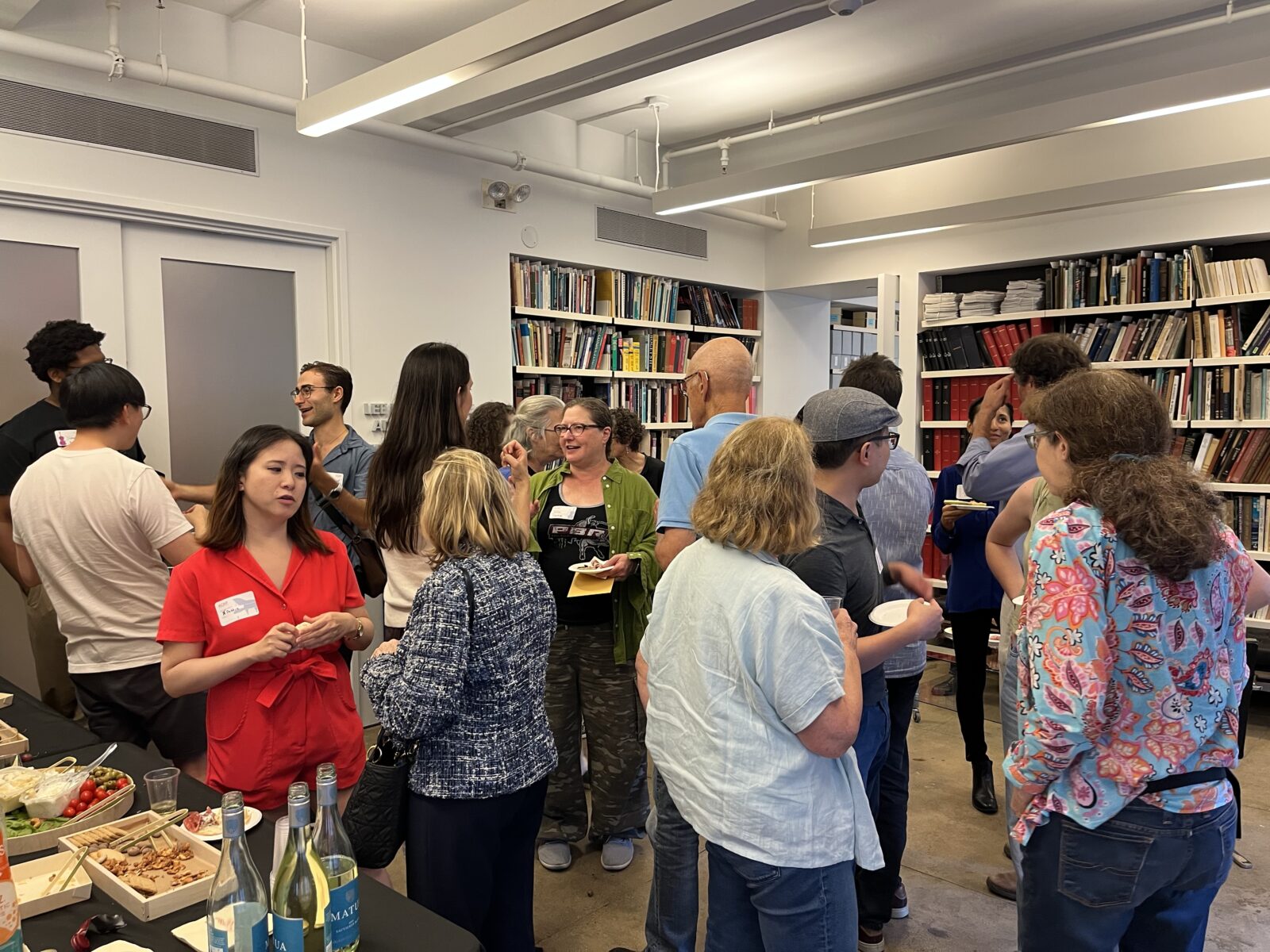
The Great American Play-In: ACMP and ACO
On Saturday, September 13 ACMP embarked on its first collaboration with the American Composers Orchestra (ACO). Together we organized a Play-In focused entirely on music by twentieth and twenty-first century American composers. Over the course of three hours, forty-five musicians discovered sixteen pieces or sets of pieces by a wide range of American composers, spanning from 1896 through 2025.Read More ↗
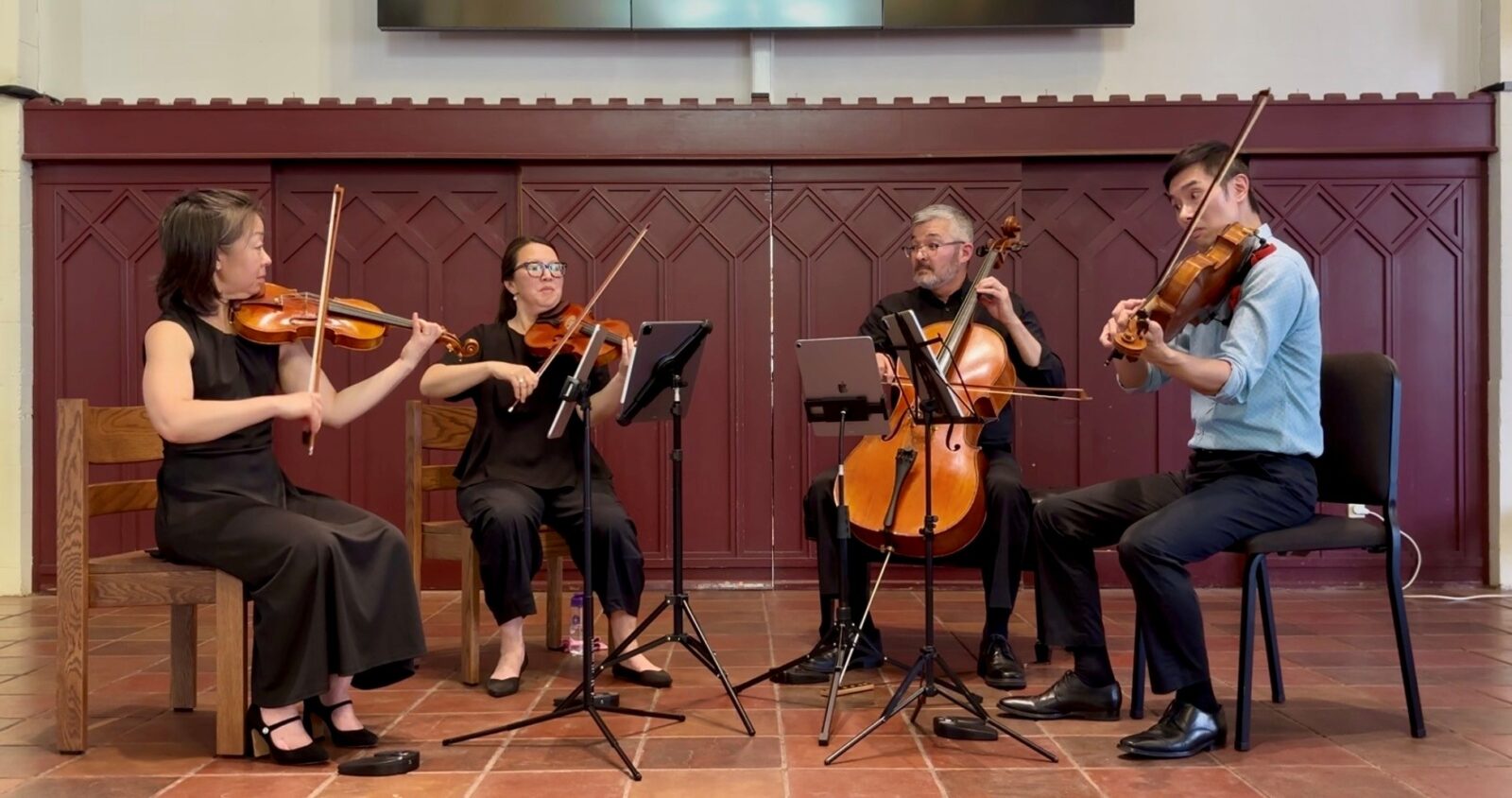
Just Play Concert: Exploring New Voices and Old Masters with the Tarka String Quartet
Thanks to a “Just Play” grant from ACMP, the Tarka String Quartet—Sue Soong and Julie Park on violin, Kevin Jim on viola, and Angus Davol on cello—recently shared a program in San Diego that reflected their passions: exploring new voices by women composers alongside the great works of the quartet tradition.Read More ↗
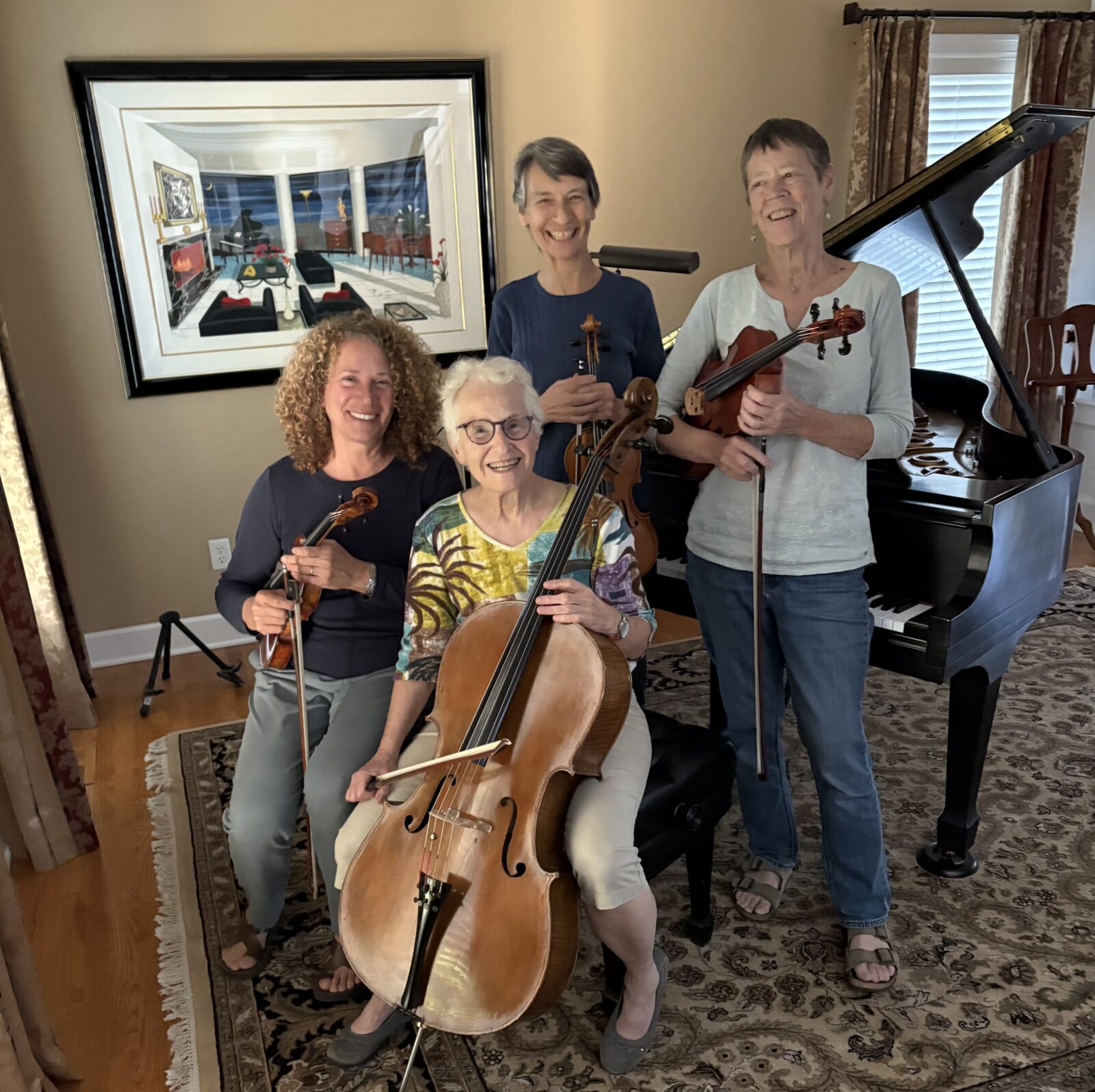
ACMP Members of the Month – October 2025
Playing in a regular string quartet is kind of like having a regular foursome in golf – everyone needs to be of roughly similar ability, and they also need to get along. When those two dynamics come together, the result can be a lasting chamber group that brings enduring friendships. Such is the case with our Members of the Month for October – Ruth Sklarsky, Barbara McIver, Ellen Henry and Kathy Lewis, residents of the Rochester, N.Y., area who have played in a string quartet for more than a decade. They got together and collectively answered a few questions about their musical journey.Read More ↗
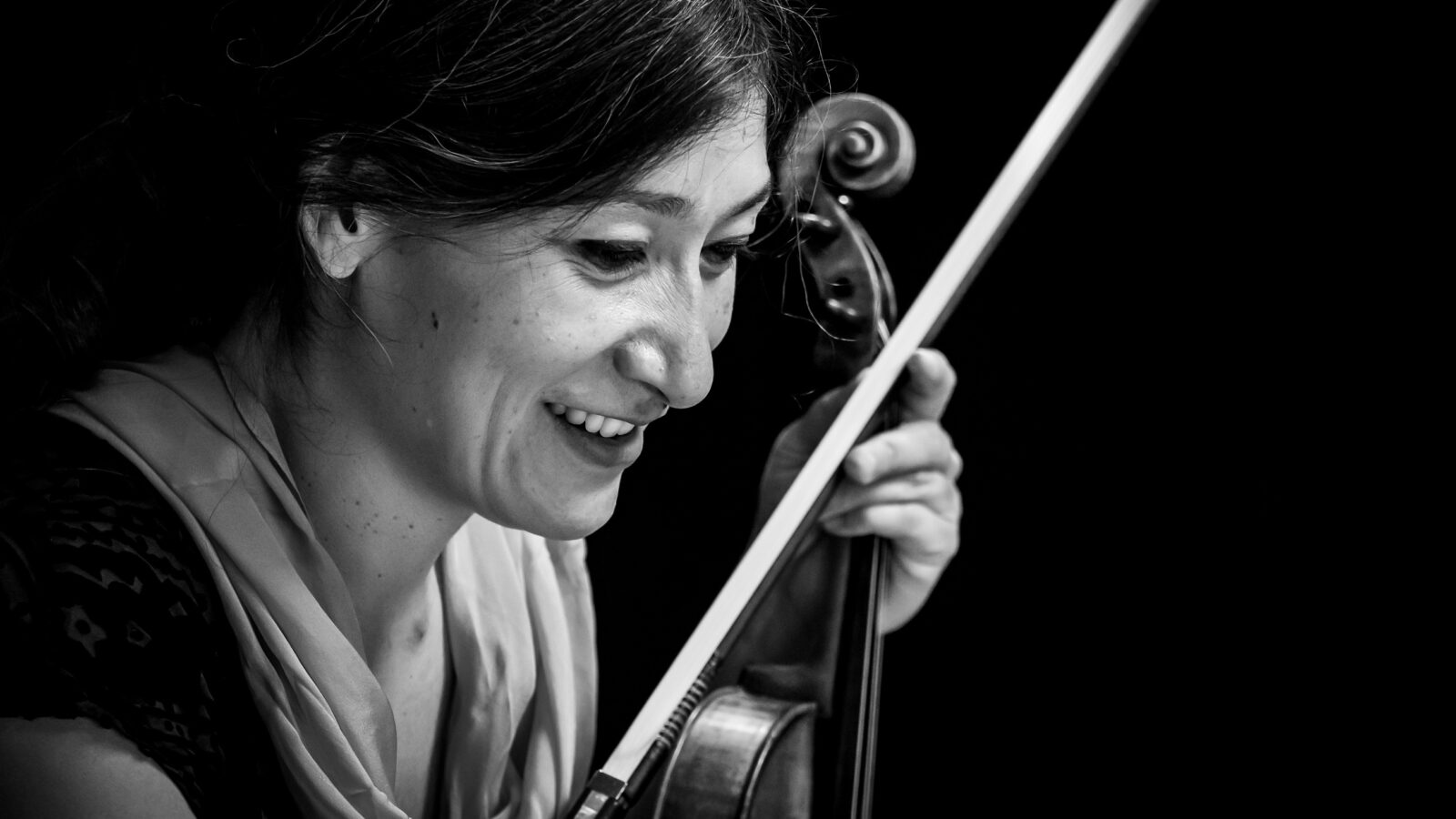
ACMP Event: Meet Harumi Rhodes
Join ACMP’s Executive Director Stephanie Griffin on Saturday, November 1 at 2pm Eastern time for a lively discussion and Q and A with violinist Harumi Rhodes. Harumi is the daughter of two famous chamber musicians: Stephanie’s former viola teacher, Samuel Rhodes (Juilliard Quartet) and violinist Hiroko Yajima (Mannes Trio.) Find out more about Harumi’s early life in that celebrated chamber music milieu, and about her journey as she established her own career as the second violinist of the world-renowned Takács Quartet.Read More ↗
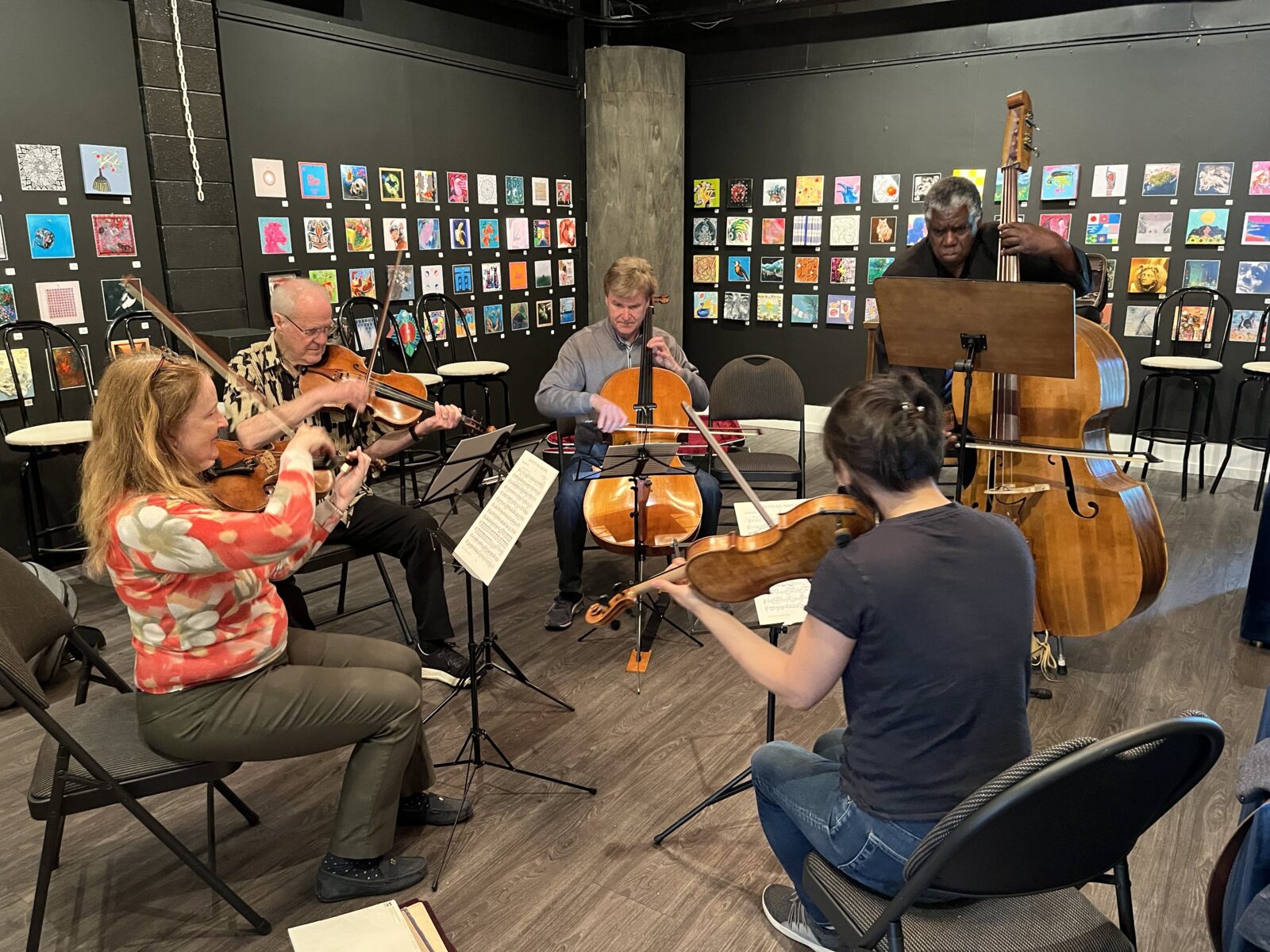
New guidelines for ACMP’s Workshop and Community Music Grant, deadline: October 24, 2025
ACMP's annual Chamber Music Workshop and Community Music grant cycle is open! Deadline: Friday, October 17. Read about the new guidelines and sign up for the Grant Information Session.Read More ↗
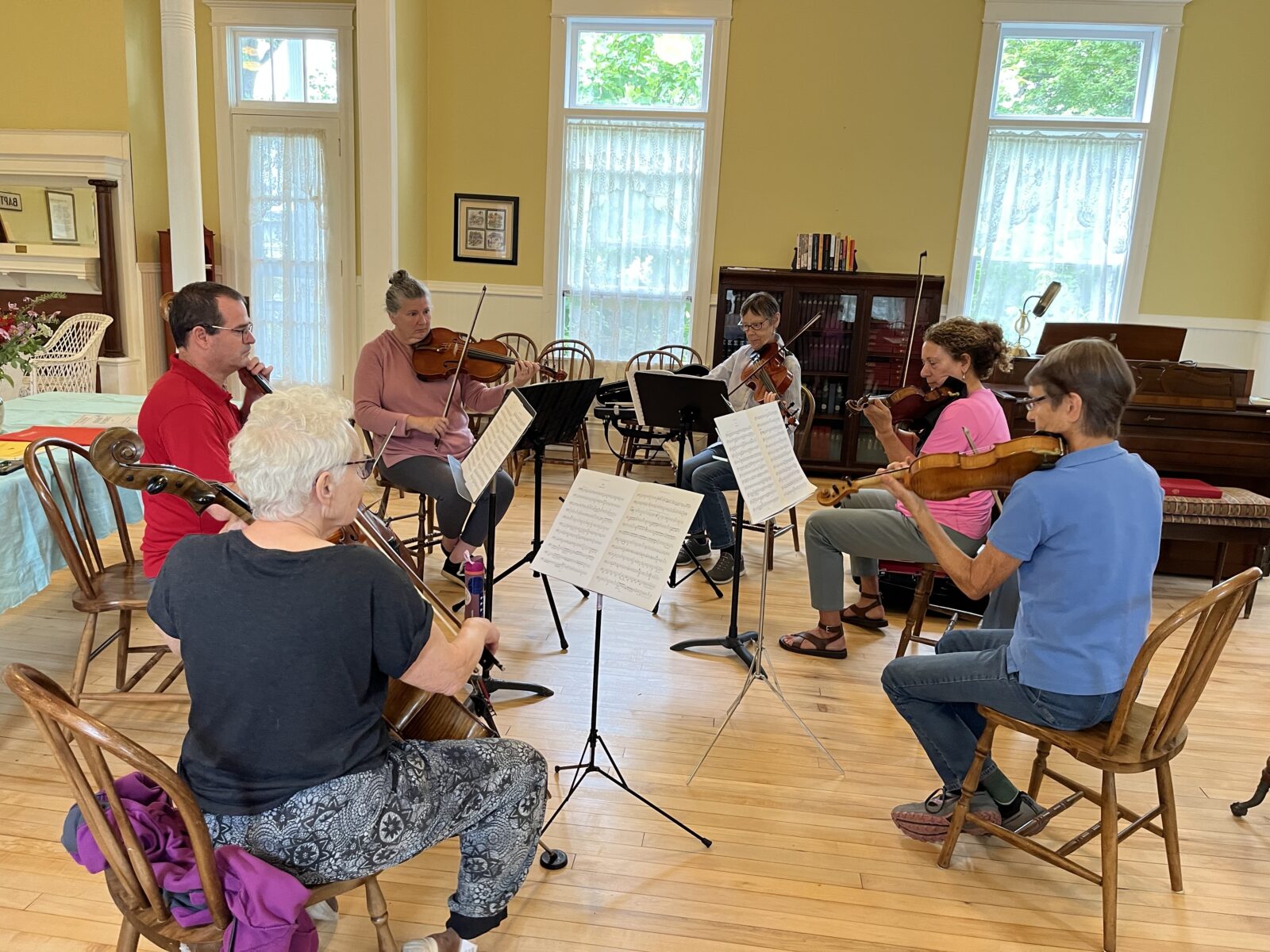
A weekend of music and renewal at Chautauqua
When you first set foot on the grounds of the Chautauqua Institution in southwestern New York, it’s easy to understand the lift in Arlene Hajinlian and Sonya Sutton’s voices when they speak about their summer homes, and why they would welcome a group of ACMP members for a weekend of music-making.Read More ↗